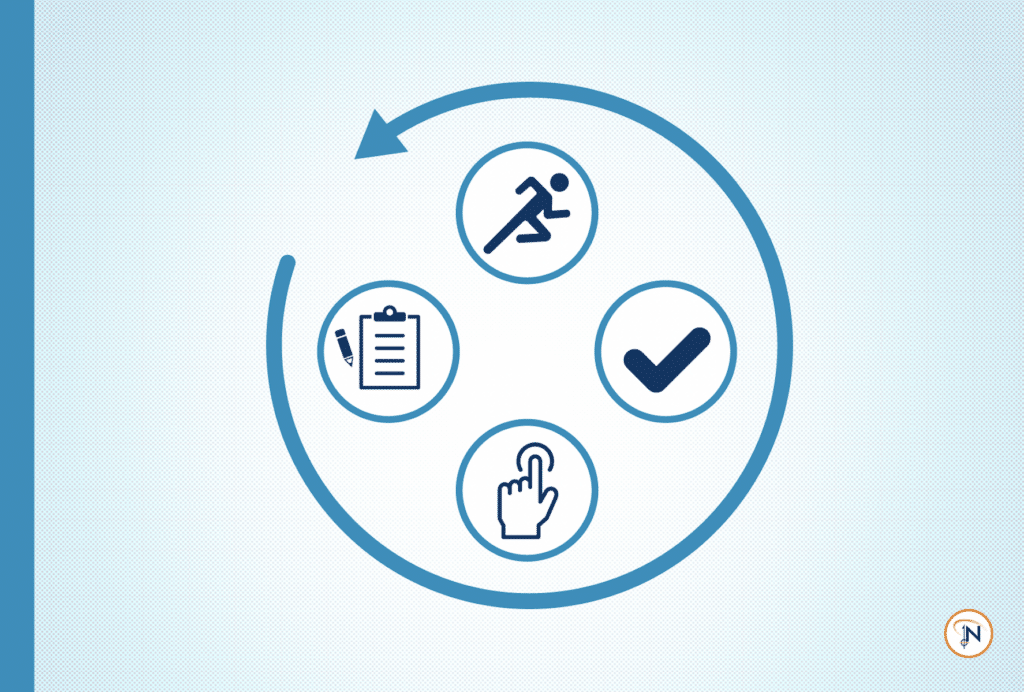Your team uses an assessment tool to help inform important decisions such as programming and resources at both the case and organizational levels. But how do you know if the assessment process is working?
By conducting regular validation studies and defining and executing a rigorous Quality Assurance (QA) process, you can maintain the fidelity and integrity of your assessment tool and your practices.
QA is a cyclical process teams use to check accuracy and ensure continuous quality. QA is critical in any field where accuracy matters.
In Supervision, developing QA procedures can help you gather accurate and detailed documentation in areas ranging from assessing the behavioral-change process of supervisees to evaluating the performance of staff. When it comes to QA around your assessment practices, it’s all about foundational accuracy.
Elements of a strong QA process for assessment practices include:
- Training. Train your team not only to use the tool, but to develop a common understanding of each question to ensure scoring guidelines are reliably followed.
- Ensuring source data consistency and accuracy. The static factors that primarily drive risk in assessment derive from arrest history, other external sources, and supervisee self-report. All data, no matter the source, needs to be consistently interpreted for accurate assessment prediction.
- Ensuring outcome consistency and appropriateness. Carefully monitor assessment overrides and rationales to ensure you do not surpass the 10-12% range. Also evaluate outputs to confirm those assessment results are aligned with an appropriate treatment response.
- Formalizing periodic reviews. Both your staff skills/training needs and your assessment content and scoring practices need periodic review. Formalize the timing and processes so these important check-points aren’t overlooked.
All of these elements can help you focus your team’s efforts on a continuous quality cycle where QA is woven into your standard practices. QA isn’t a one-time check; it’s a way of working.
What does a successful QA strategy mean for your agency? It means your programming decisions, supervision levels, interventions, and case plans are informed by accurate data, helping you achieve your intended outcomes.
Want to get a QA process off the ground at your agency? Interested in enhancing your current processes? We can help. Contact us today for advice, best practices, and actionable tools to help you get the job done.






